FREE Physician Consultation – Limited Time Only ($249 VALUE)
Testosterone Replacement Therapy Specialist
Testosterone Replacement Therapy Q & A
What does testosterone do?
Testosterone is the primary male sex hormone or chemical messenger. It’s found in both men and women, but men have much more of it. It is important in regulation a man’s sex drive, erection function, muscle mass, energy, and mood. When you have a hormonal imbalance, the symptoms can affect your entire body. Hormones are essential for normal bodily functions.
As a sex hormone, testosterone plays a crucial role in sexual development and reproduction. It helps stimulate physical changes you undergo during puberty, including:
- Your voice getting deeper
- Developing the penis and testicles
- Promoting facial and body hair growth
- Promoting one and muscle growth
Testosterone is responsible for regulating your sex drive and sperm production into adulthood. It also affects many important bodily processes that aren’t related to sex. Testosterone regulates red blood cell production, fat distribution, and muscle mass, as well as your energy levels and mood.
When is low testosterone a concern?
Testosterone levels start to decline around age 30. This change affects each man differently, and not everyone experiences bothersome symptoms. Usually, you begin to notice effects from an age-related drop in testosterone between the ages of 40 and 60.
The term “andropause” is sometimes used to describe symptoms of low T. This term suggests it’s similar to menopause, and though it’s also an age-related hormonal change, there are key differences beyond gender. You remain fertile after undergoing andropause, unlike menopause, and your hormone levels change gradually, not suddenly.
Testosterone plays a role in many bodily processes, so the symptoms of low testosterone can be widespread. These symptoms include:
- Erectile dysfunction (ED)
- Decreased sex drive, libido, and sexual performance
- Hair loss
- A decline in strength and muscle mass
- Unexplained weight gain
- Lack of energy and motivation
- Mood changes, including depression, anxiety and irritability
- Cognitive changes, including difficulty concentrating and fogginess
- Insomnia, including difficulty falling asleep and low-quality sleep
Low T isn’t the only cause of these symptoms. Your doctor makes sure to rule out other conditions before beginning treatment to target low testosterone.
How is low testosterone treated?
Your doctor will order blood tests to confirm if your symptoms are the result of low T. Your doctor could then recommend testosterone replacement therapy (TRT). As the name suggests, TRT involves taking testosterone – through an injection, patch, gel, cream, or pellets placed under the skin – to replace your lost testosterone and correct your hormone deficiency.
You benefit the most from TRT when you couple it with healthy behaviors that promote testosterone production. You should also begin a wellness program that includes losing excess weight, exercising, and keeping a regular sleep schedule. Though low T can make these changes difficult, TRT can help you get over the initial hump.
You can expect to feel relief from your symptoms soon after beginning TRT. In addition to specific symptom relief, patients often find they feel better overall – more like themselves – after they undergo hormone replacement therapy.
To learn more about low T treatment, schedule an appointment at Thrive Men’s Clinic online or over the phone.

- 818-906-8888
- Monday – Friday 9:00 am - 5:00 pm
- 18740 Ventura Blvd. Suite 101 Tarzana, CA 91356
© 2024 All Rights Reserved

